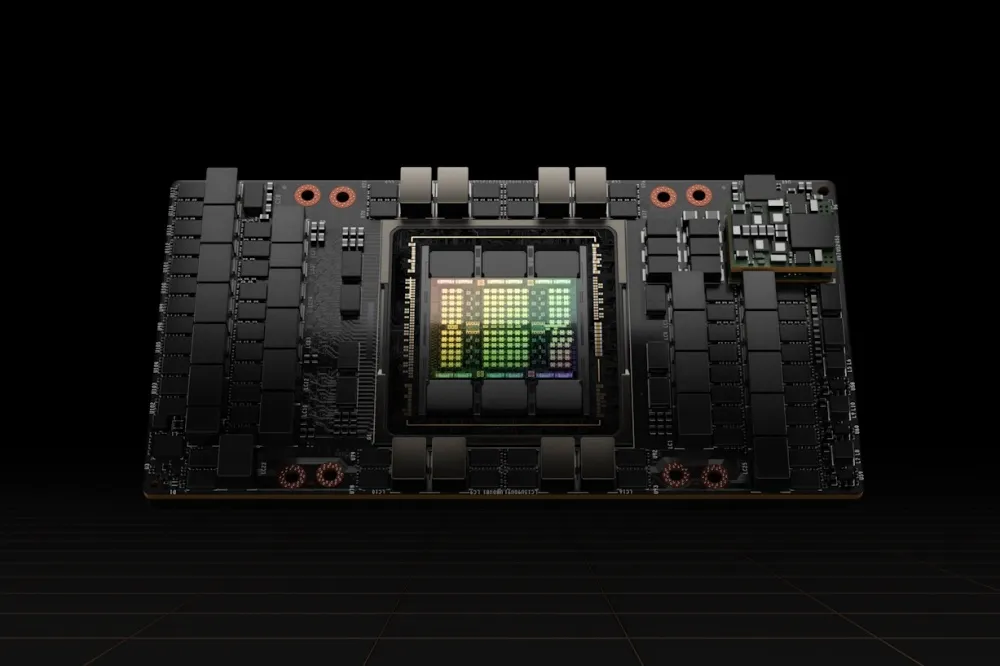Reports indicate that NVIDIA has launched a new customized chip product for the Chinese market
Following the U.S. government’s revision of the domestic technology export ban, which impeded NVIDIA from selling certain high-performance chips to the Chinese market, sources indicate that NVIDIA will introduce new custom chip products for the Chinese market to circumvent the ban’s restrictions.
According to reports, the custom chips designed for the Chinese market include the HGX H20, L20 PCle, and L2 PCle GPUs, with NVIDIA expected to be announced by November 16th.

These tailor-made chips are suitable for cloud training, inference acceleration, and edge computing applications, although the exact launch dates remain unconfirmed. However, insiders believe that Chinese firms will acquire these products in a relatively short period.
Previously, the U.S. government updated the technology export prohibition, resulting in the barring of certain NVIDIA artificial intelligence chip products from the Chinese market. This included the A800 and H800 GPUs, which had been modified to comply with the regulations, now also subject to export restrictions.
U.S. Commerce Secretary Gina Raimondo stated that this measure aims to rectify loopholes in the export restrictions from last October. The primary goal is to prevent the Chinese government from using advanced chips for military development, with possible annual amendments to the restrictions to preclude the exploitation of policy gaps by China in acquiring U.S. advanced chip technology.
Raimondo emphasized that the U.S. government’s goal is not to harm the Chinese economy. Thus, the current restrictions do not cover chips used for laptops, smartphones, and gaming—mostly consumer-grade types. However, the export of certain chip products will still require U.S. government approval.
Besides China, the revised regulations extend the advanced chip export ban to over 40 countries and regions to prevent advanced chips, prohibited from export to China, from being rerouted through these countries. Additionally, the U.S. has imposed restrictions on 21 other countries, requiring approval before obtaining advanced chip manufacturing tools, further limiting the potential for Chinese firms to develop advanced process chips independently.






